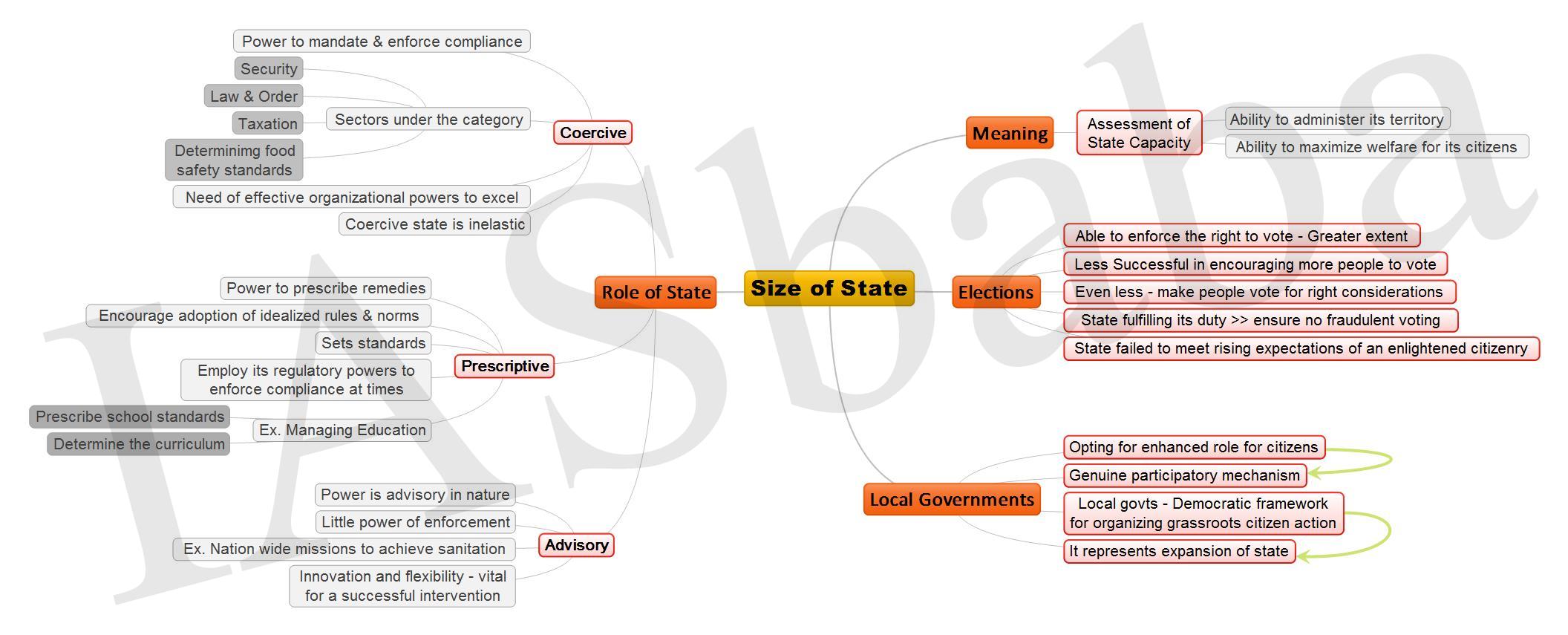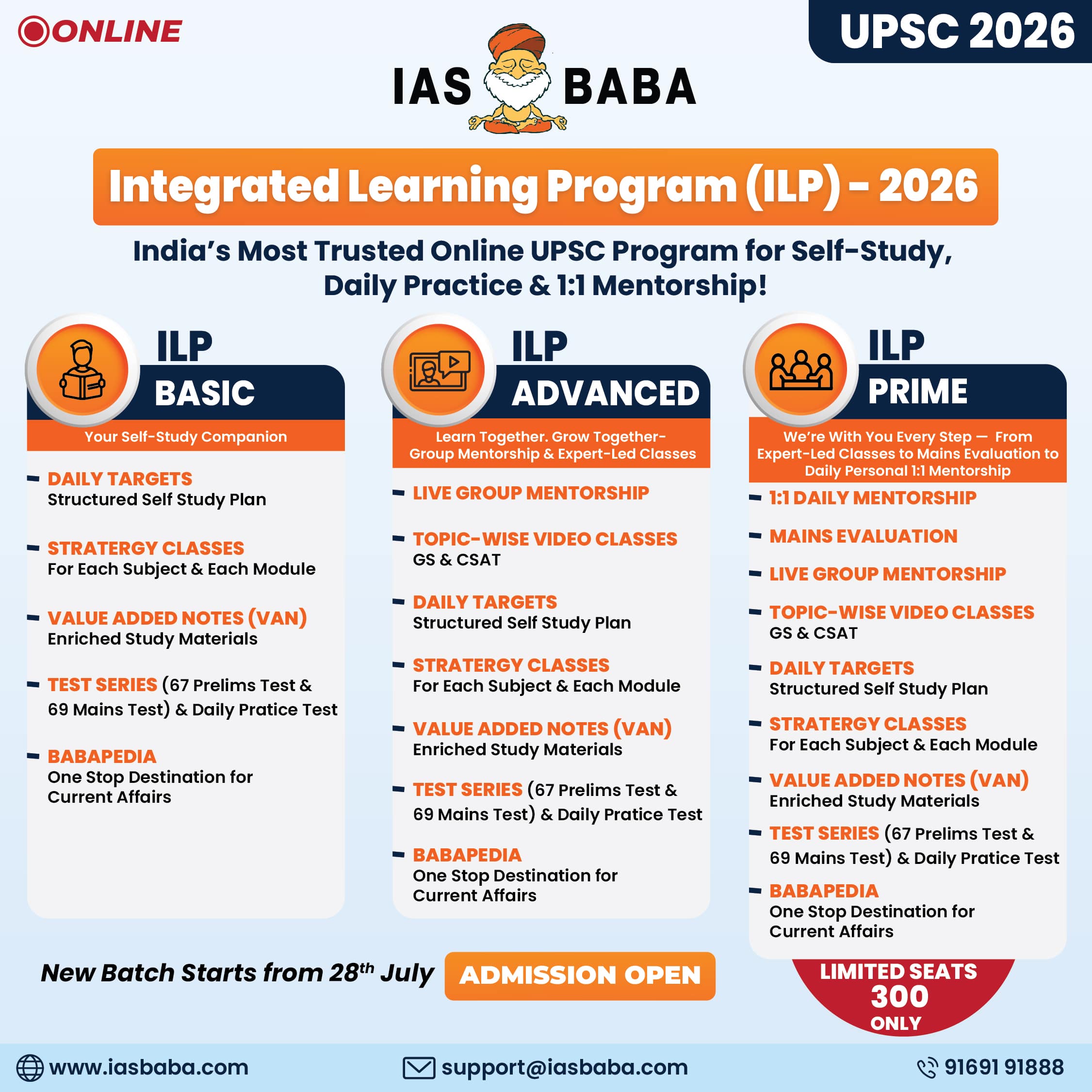IASbaba's Daily Current Affairs January 2016, UPSC
Archives
IASbaba’s Daily Current Affairs – 2nd January, 2016
ECONOMICS
General Studies 2:
- Bilateral, regional and global groupings and agreements involving India and/or affecting India’s interests; Effect of policies and politics of developed and developing countries on India’s interests
- Important International institutions, agencies and fora- their structure, mandate; Issues relating to poverty and hunger.
- Issues relating to development and management of Social Sector or Services relating to Health, Education, Human Resources.
WTO: GATS & Indian Education
- Lack of dialogue and social concern witnessed during the negotiations in the GATS Agenda- General Agreement on Trade in Services (GATS)
- GATS deals with global trade, as commodities, services such as higher education; health; life insurance; research and development in the physical sciences, social sciences, humanities; and so on.
The Waiver
- According to the waiver by WTO, the non-least developed country (LDC) members can give preference to services and service providers from LDCs for duration of another 15 years
- Presently there are 35 countries which have been classified as LDCs by the United Nations and have become members of the WTO, with Afghanistan being the latest to join as a member during the Nairobi conference
India-
- Developing country, a non-LDC
- India has negotiated hard to ensure that the interests of the LDCs and the developing countries are kept at the centre of the WTO agenda
- India has the youngest population in the world and with half its people below the age of 25, it faces the challenge of educating its youth and preparing them for taking up employment both within the country and outside
- Facilitated entry of foreign education providers ensuring proper regulation as well as proper framework to be followed
Can it be possible for India?
1st generation learners- There exists a crisis in elementary education coverage in India and therefore, ensuring a level field might just remain a pipe-dream
Trade or Justice- Equitable development can be ensured only when social justice is ensured first. India is still reeling under issues of subsidies and lack of support needed by students wherein unfair trade practices creep in.
Refer the link for Education & Technology: ‘The perils of e-fixation’: Students, Computers and Learning (http://iasbaba.com/2015/10/iasbabas-daily-current-affairs-16th-october-2015/)
Positive move— Students can have greater access to a wide range of education opportunities at home or abroad (World’s top universities, including ones such as Harvard and Stanford, can establish their off-campus institute anywhere in India)
Issues with GATS in India
- No means of ensuring that only high-quality universities enter
- No means of controlling the cost of education they provide
- In India, students increasingly face the issue of education loan, which more often than not builds up a psychological pressure leading to some drastic steps like suicide.
- Where people are ageing in developed countries, brain drain might become an even more common phenomenon to be witnessed in developing countries like India.
- Moreover, it can lead to loss of the right to demand from the government scholarships and subsidies or reservation in educational institutions. It has also been argued that it’ll lead to education becoming a commercial activity instead of a service.
Indian Government’s Move-
Working on introducing education reforms indicating its own willingness to adopt the GATS agenda in education; namely:
- Four-year undergraduate programme,
- Choice-based credit system,
- Cutting down on the non-National Eligibility Test fellowships, and
- Research funding
Principle of progressive liberalisation—
- If an offer is made it is difficult to withdraw the offer in the next round of negotiations as any withdrawal (sector or sub-sector) needs to be compensated by making a comparable offer involving another sector
- In simple terms, during the offer stage a country can withdraw its approval, but when the country signs an agreement it cannot withdraw from its commitment. If a country wants to withdraw its commitment, it will have to pay heavily as compensation
Background
GATS
Created during the Uruguay Round
Objectives:
- Creating a credible and reliable system of international trade rules;
- Ensuring fair and equitable treatment of all participants (principle of non-discrimination);
- Stimulating economic activity through guaranteed policy bindings; and
- Promoting trade and development through progressive liberalization
Modes of entry—
Mode 1 refers to cross-border trade. Here services flow from the territory of one WTO member into that of another, thus crossing national frontiers. For instance, banking or engineering or even medical services may be transmitted electronically or by regular mail.
Mode 2 refers to consumption abroad, where the consumer physically goes abroad and purchases a service as in the case of a tourist or one who goes for a medical treatment or for education.
Mode 3– A commercial presence, a service supplier of one member establishes, for instance, a branch office or agency to deliver, say, banking, legal or communications services.
Mode 4– Movement of natural persons, the service demanding country allows a foreign national to enter and provide the service. This is merely to facilitate temporary migration and not to seek a job or stay permanently.
Connecting the Dots:
- Discuss the evolution of education as a commodity rather than a necessity
Related Articles:
Post-Nairobi : WTO- Doha Development Agenda
Message from Nairobi- WTO Negotiations
MIND MAPS
1. Size of State
2. Alcohol Prohibition
















